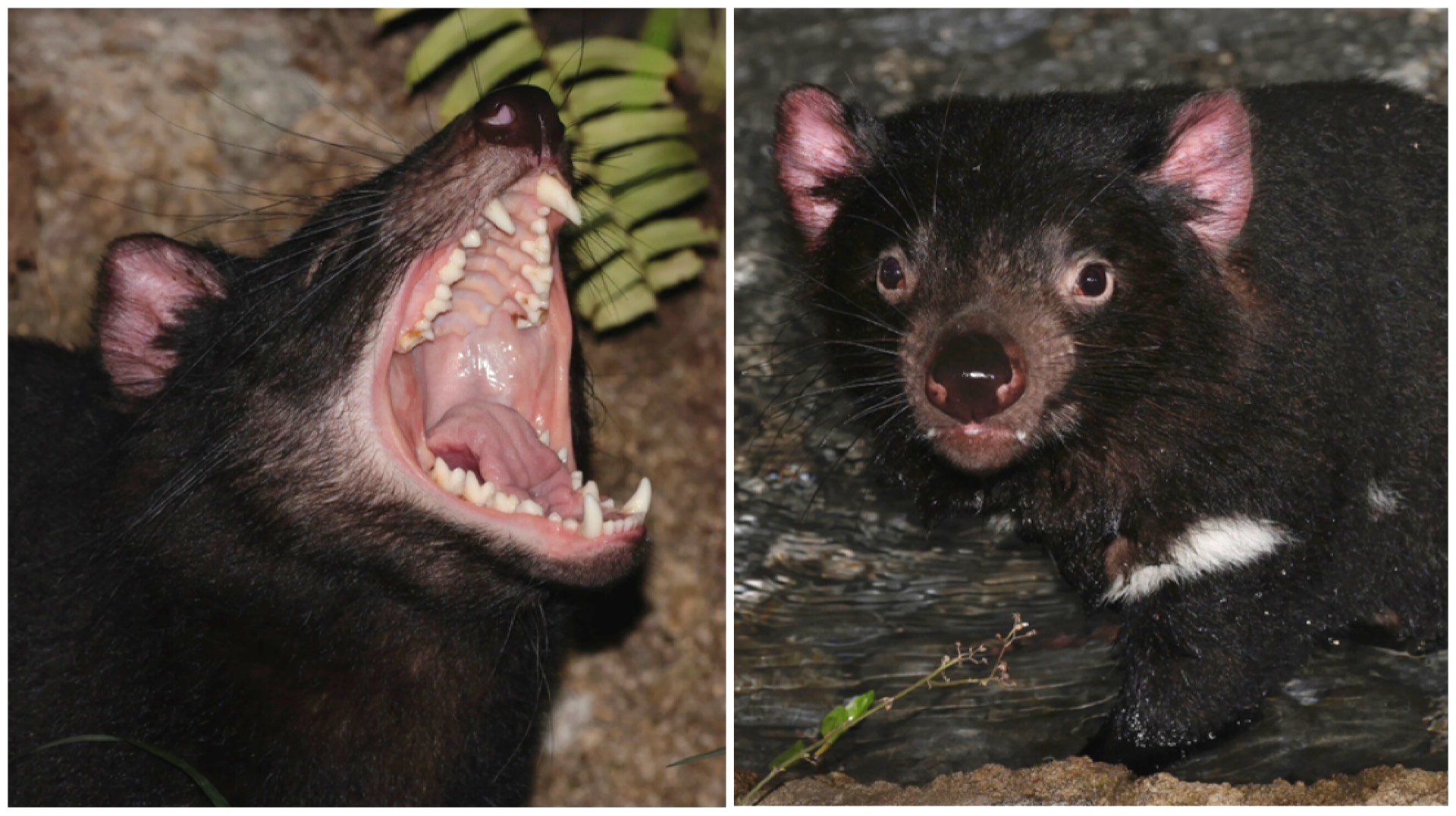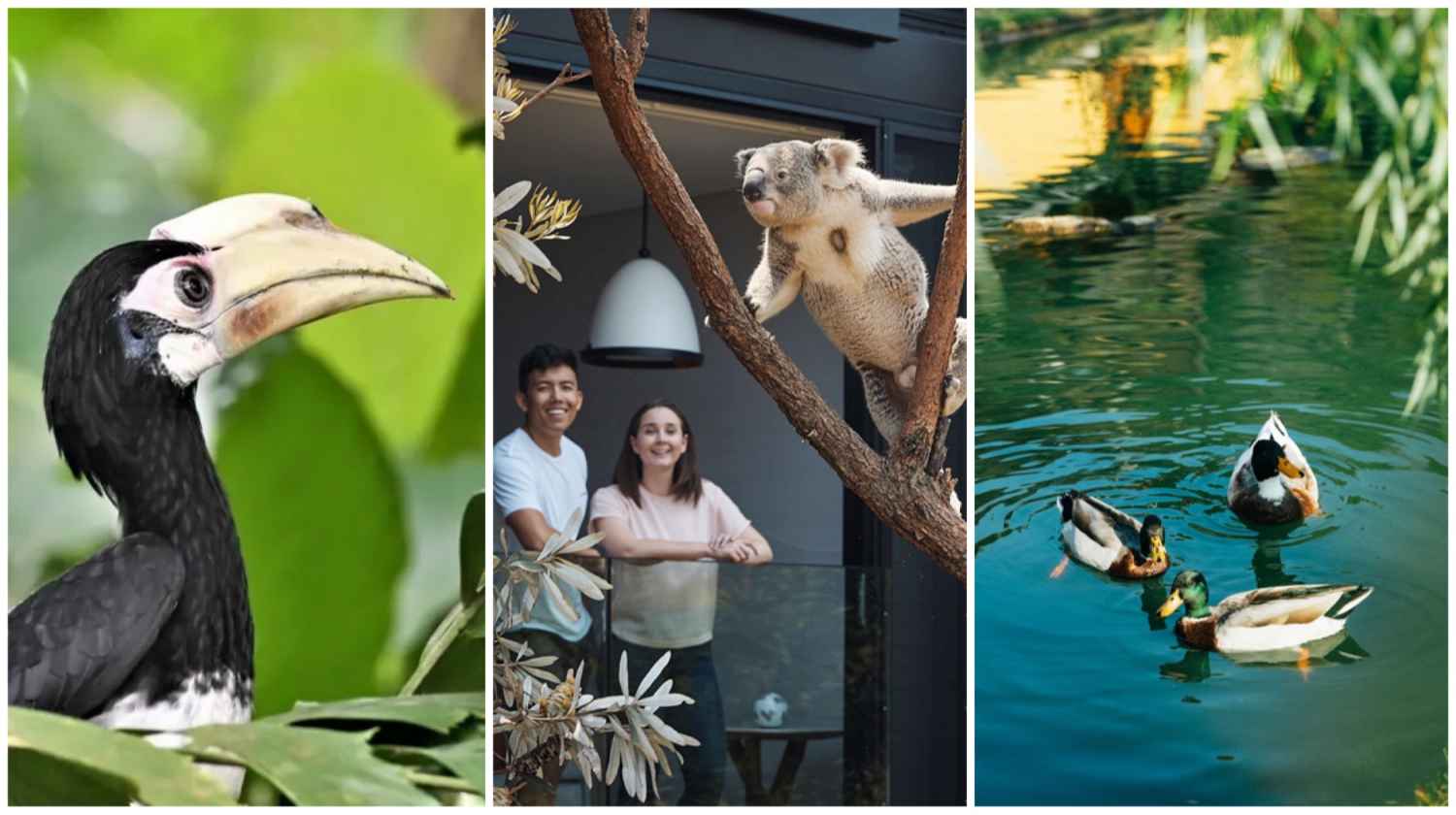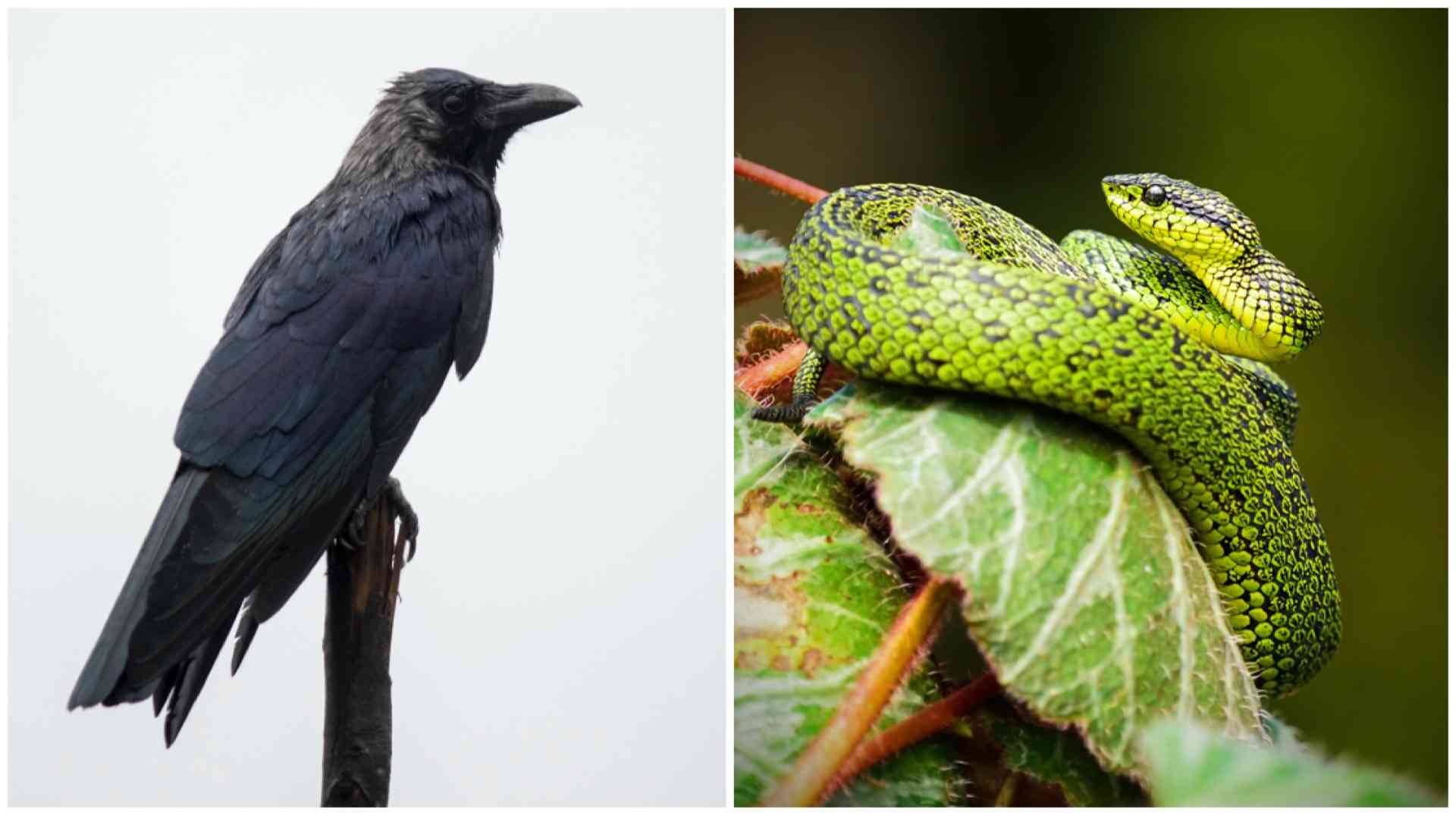What The (Tasmanian) Devil Is That?! Carnivorous Marsupials Debut At The Night Safari
When it comes to a foursome of feisty iconic females, you might think of Blackpink, Little Mix or, if you’re older, En Vogue, or, err, if you’re even older, the Golden Girls.
But the quartet we’re referring to instead is a group of female Tasmanian Devils that have made their debut appearance on the Wallaby Trail at the Night Safari, marking the first time this species has been seen in Singapore.
@wonderwallsg Four female Tasmanian Devils - Crumpet, Snickers, Jesse and Panini - make their debut in Singapore from today! #tasmaniandevil #tasmaniandevils #wildlife ♬ I Am the Daivil - Tamara Dai
“Prior to their arrival, we worked closely with our counterparts in Australia to design a suitable habitat for them here in Singapore and upskill our animal care team with the knowledge to care for these endangered marsupials,” says Dr Luis Carlos Neves, Vice President, Animal Care, Mandai Wildlife Group.
“It is a privilege to work with Save the Tasmanian Devil Programme and the Department of Natural Resources and Environment Tasmania and be able to join the international team that works to save the Devils from extinction. Our newest residents, Crumpet, Snickers, Jesse and Panini will be important ambassadors to help raise awareness about the plight of their wild counterparts."
Interesting fact: The Save the Tasmanian Devil Programme was started as an official response to the threat posed by Devil Facial Tumour Disease (DFTD), which is as awful as it sounds – DFTD is a transmissible cancer that is highly contagious among Tasmanian Devil populations, and is spread when the animals bite each other while fighting or mating.
But on to happier thoughts.
The Tasmanian Devils that are now here in Singapore are housed in two spacious outdoor habitats that come with water features, rockwork and Australian plants like Eucalyptus trees and Red Flowered Silky Oak shrubs - Crumpet and Snickers in one enclosure, and Jesse and Panini in the other. The black-and-white critters also have the option of going indoors into two climate-controlled exhibits where we can view them through glass walls.
And being at the Night Safari means no one (i.e. kaypoh visitors like us) disturbs them during the day, and they are allowed to be the nocturnal creatures they are, active and feisty at night.
Ready to meet them? Here they are:
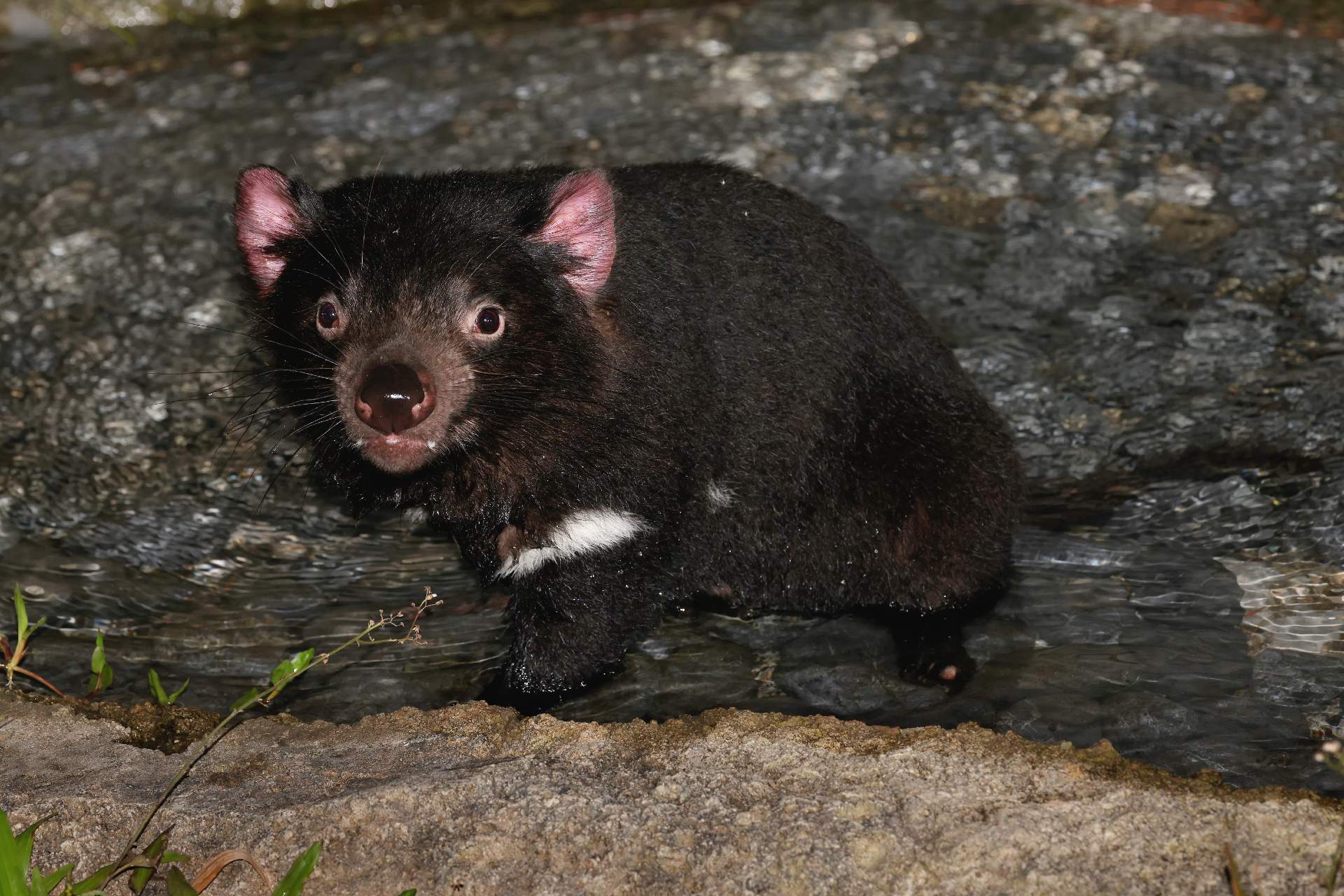
“Crumpet is a confident individual with a more dominant personality. She spends hours exploring her surroundings in the outdoor yard and does not like being picked up by the keepers for health checks,” says Razak Jaffar, Assistant Curator for marsupials, Mandai Wildlife Group.
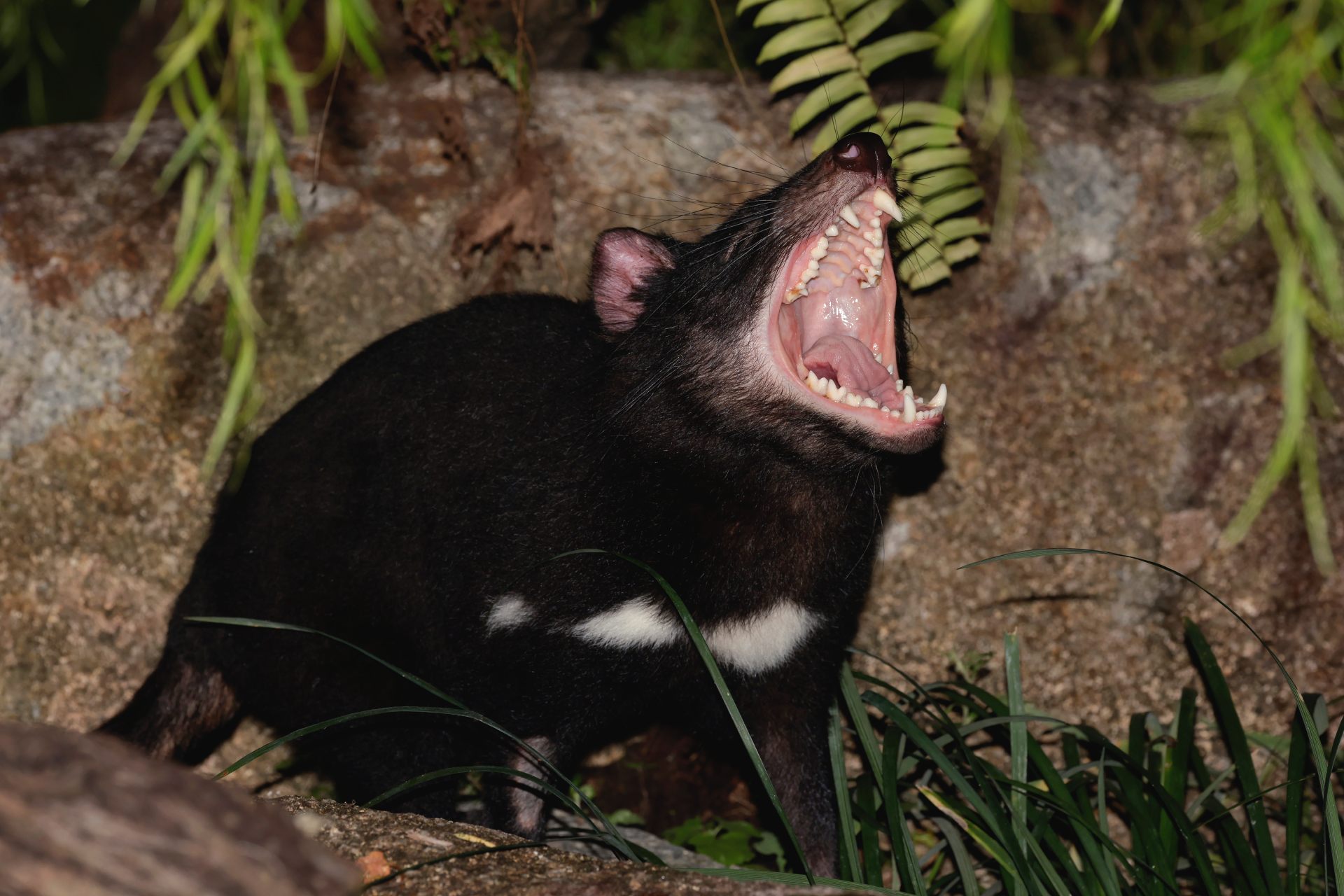
“Snickers, on the other hand, is much more reserved, preferring to hide in her nest box when Crumpet expresses her dominance. Snickers is also calmer with being handled.”
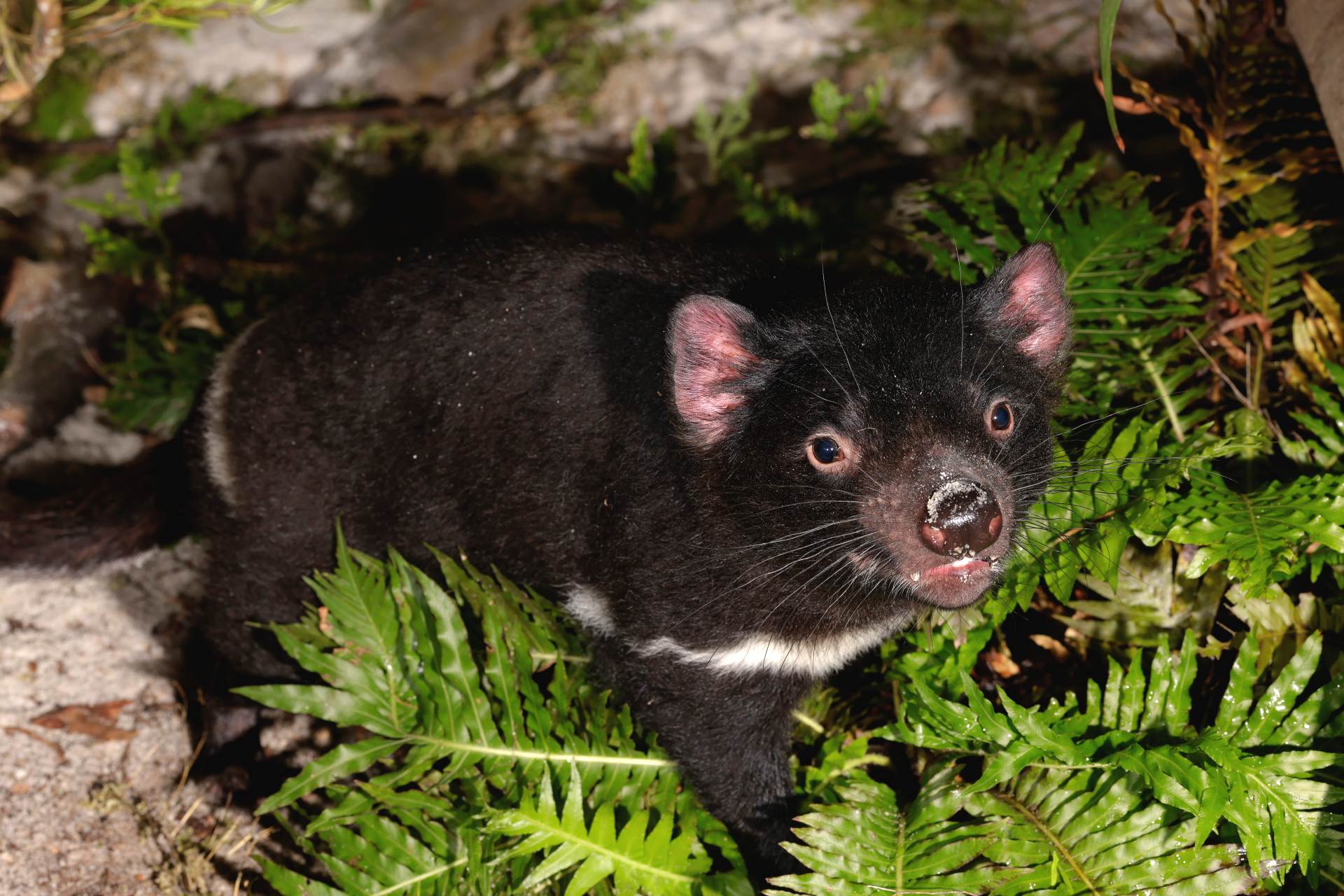
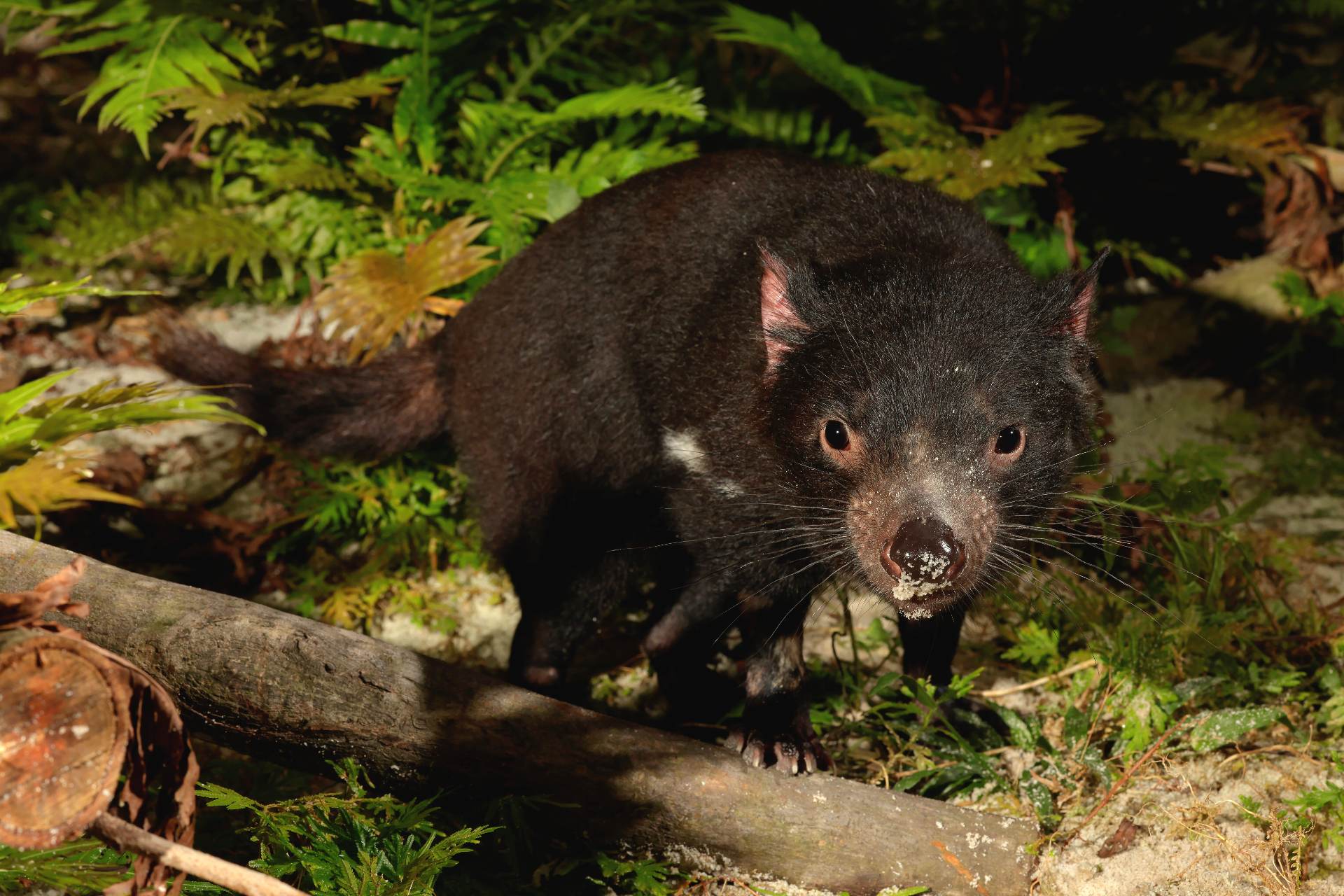
“Jesse and Panini have formed a bond despite a rocky start. Their first introduction was full of open-jawed caterwauling and squabbles. The pair now thoroughly enjoy each other’s company, preferring to sleep together in the same nest box and appearing restless when they are not together.”
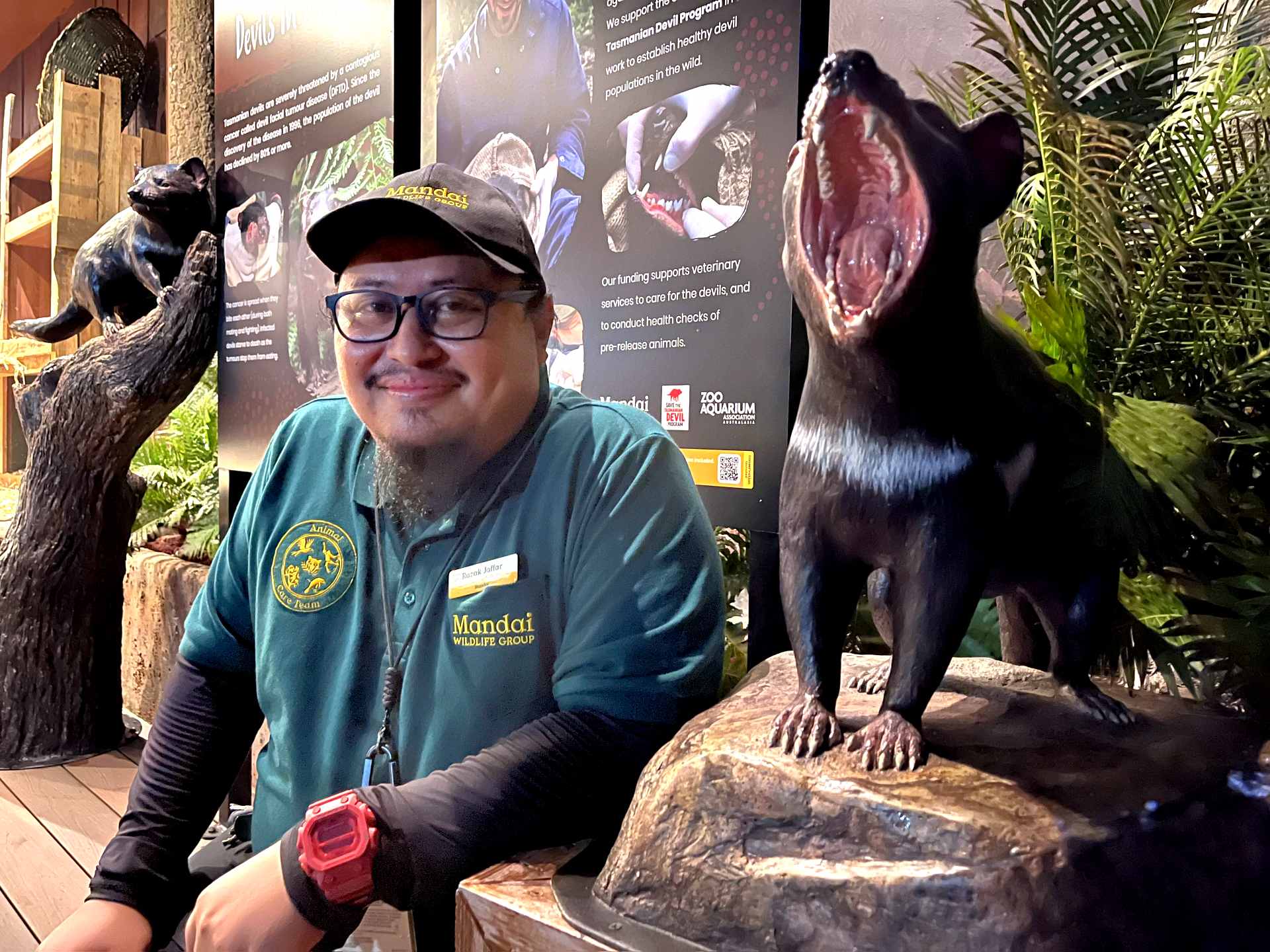
Razak, who has been with the wildlife parks for 17 years, also helps us debunk some misconceptions about Tasmanian Devils.
Misconception: Tasmanian Devils have the word “devil” in their name – they must be evil and linked to dark forces.
Not at all! “Tasmanian Devils got their name from the calls that they make. It sounds like caterwauling and screeching. They have a range of vocalisations – they sniff, they scream, they hiss. It’s quite scary if you hear them when you’re in the forest alone!
“They might be small, but compared to other animals, they’re very confident. They’re not afraid of you. If you go [into the enclosure] with them, they’ll probably come up to you, investigate you – and if they don’t like you, they’ll show you that they don’t like you.”
Misconception: Tasmanian Devils are a kind of cat. Or dog. Or bear.
They’re none of the above! “They’re marsupials. That means they’re animals that develop their young in the pouch, like kangaroos and possums. So unlike mammals, they give birth to undeveloped young, which later develop into juveniles in their pouches.
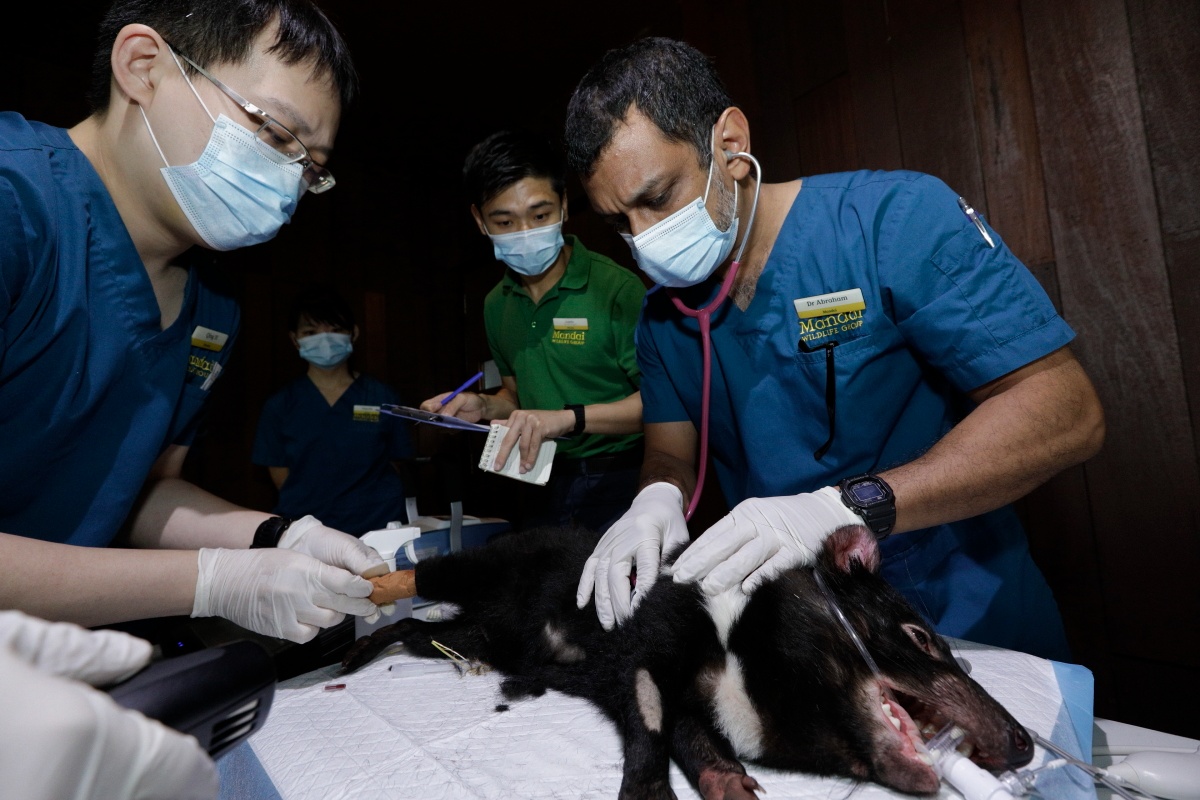
Misconception: Tasmanian Devils are small, so they must be quite easy to take care of.
Not true! “They have special eating habits, and don’t eat like normal animals do. Some animals eat on the spot, but Tasmanian Devils don’t do that. They take the food somewhere else and eat it there. Because of their personality, it’s a bit tricky to work with them. We always have to be careful when we are working with them. And because they come from a different climate, we also have to monitor their behaviour and well-being. They have sharp teeth, so we have to be constantly aware of any injuries or wounds that they might have."
Misconception: Tasmanian Devils seem very fierce, so they must be quite territorial.
“Most people think that they’re territorial, and that they always fight, but actually, there is some social aspect in their life. Whenever they come across a carcass, Devils from all around will come and feed together. So, there is some form of social activity there.
“In fact, when we were in Tasmania, they encouraged us not to keep them individually but to keep them in groups, especially when they’re young, so that they learn how to behave with one another, in particular when they’re feeding.
“So for these Devils, although they gobble their food, you’ll see that they will never be at opposite ends of the exhibit or alone. They will always find each other.”
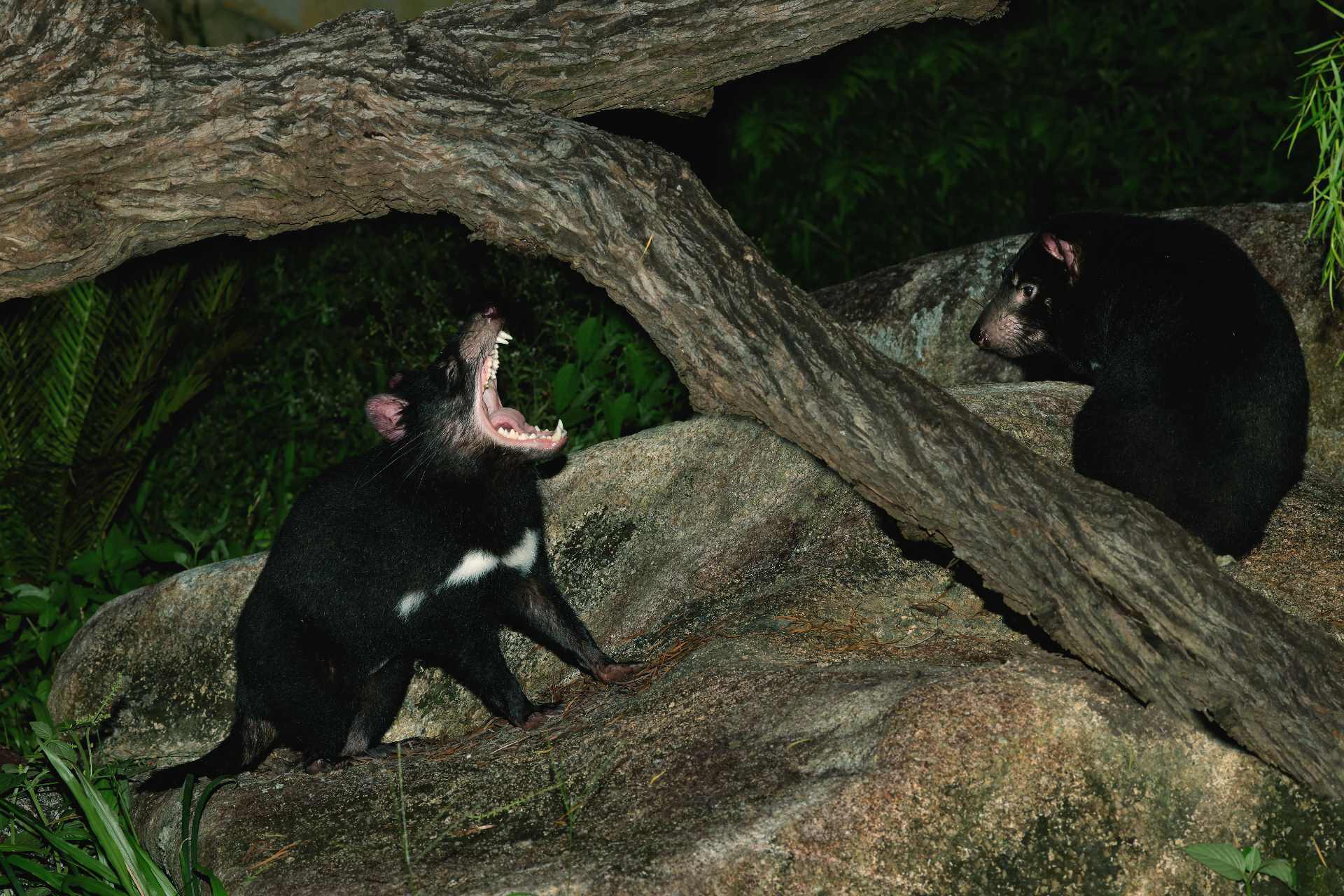
More info and tickets to the Night Safari here.
For the latest updates on Wonderwall.sg, be sure to follow us on TikTok, Telegram, Instagram, and Facebook. If you have a story idea for us, email us at [email protected].







